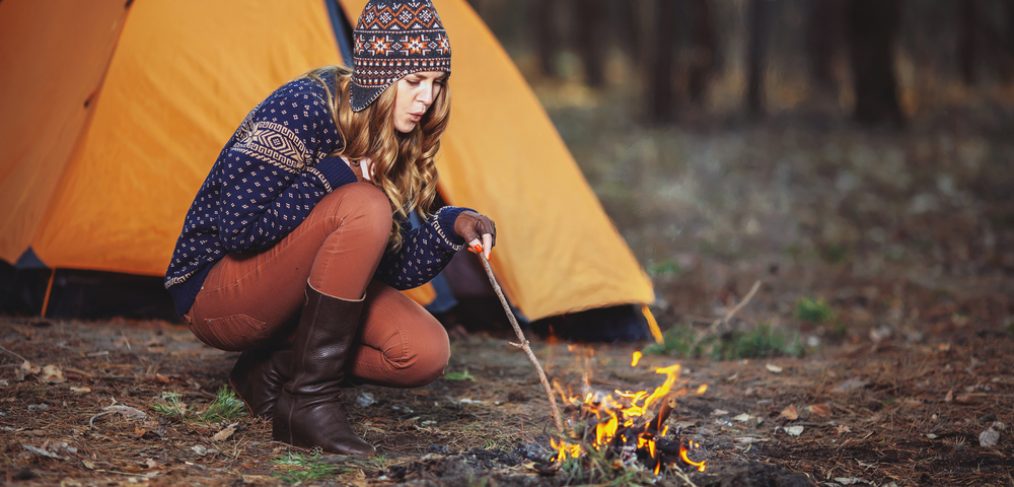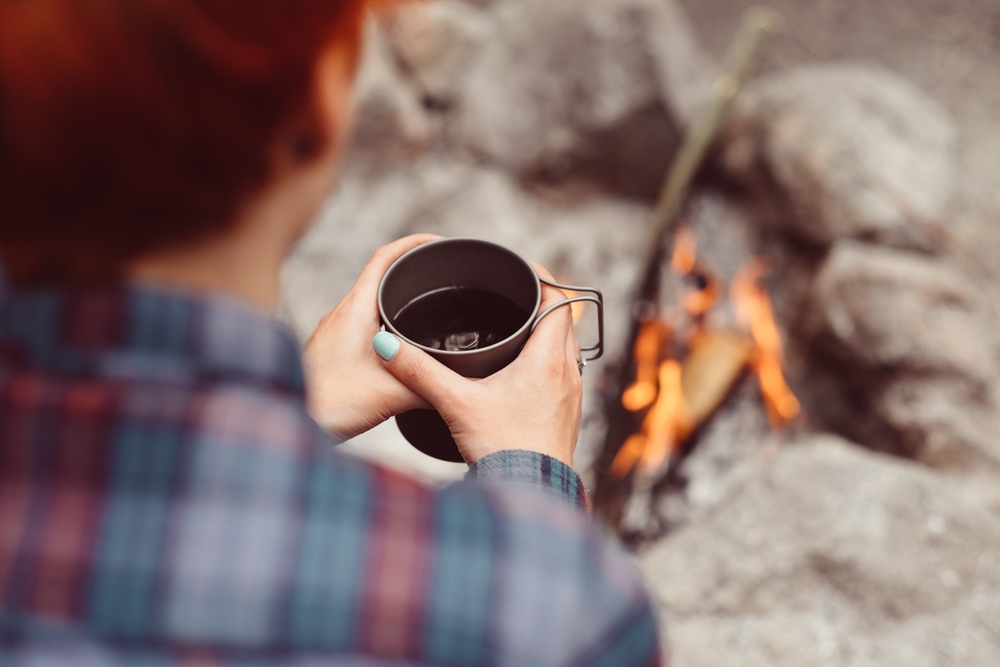
The Basics of Camping Safety
Many of us prefer to keep our entertainment vanilla. We like to have a little fun, as long as it does not involve bears, bugs, rock climbing and the possibility of losing the signal on our cell phones. But, for those of us that are a little more willing to break out of our comfort zone, camping can be a very attractive prospect. I mean, just think of how cost efficient it is: no expensive hotel room, no overpriced meals, no shopping mall. And what about the health benefits? Just you and your significant others, sucking up that vitamin D, exercising, and communing with nature, snuggling by the fire, shedding those pesky extra pounds. Sounding more attractive? Definitely. But before you pack your fishing poles and rucksacks, there are a few things you should know about keeping safe on your camping trip.
First, let’s talk about mealtime. Make sure you bring along safe food and water. Pack your foods in tight waterproof bags and containers, none of that cracked Tupperware you’ve been eating out of those past few months. Keep edibles in an insulated cooler and out of the way of any animal or insect invaders. Always have clean hands; you may want to pack some of that delightful vanilla scented sanitizer you found at the 99Cent Store. Separate cooked food from raw , chill foods promptly to avoid rot and cook foods to the proper temperature. You may want to bring a food thermometer- make sure those sliders are cooked to an even 160. And while you’re cooking, no fuel-burning equipment in an enclosed shelter. Gas stoves, heaters, and lanterns all have the potential to cause carbon monoxide poisoning inside a tent.

Aside from the temperature of your food, you may also want to pay attention to your own temperature. Hypothermia is a very real danger associated with camping. Be sure to bring enough clothing and bedding to stay warm. Also, be sure to keep hydrated against the heat by drinking plenty of alcohol-free and sugar-free liquids. And layer up! Temperatures can be very high during the day when camping and very low at night. Be prepared to strip or bundle up as necessary, but don’t strip down too much. To fight the bite, and to keep protected against UV rays, keep your body covered. But console yourselves, nudists, even though you may have to leave the scanty clothes at home, think of how sexy you will look in your sunglasses and a wide-brimmed hat. Are you channeling Sophia Vergara in the soft drink commercials? Also, use a sunscreen and lip screen with at least SPF 15 and don’t forget the insect repellant.
So what else should you bring? You should have a compass or GPS, first aid kit, flashlight, map, some batteries and medications. Check the weather report, know who you can talk to at the camp if questions arise. Sound like a tall order? Maybe. But if done correctly, camping can be a very rewarding experience. Go forward without fear. Just do your homework first. You’ll come back looking great and feeling invincible!



